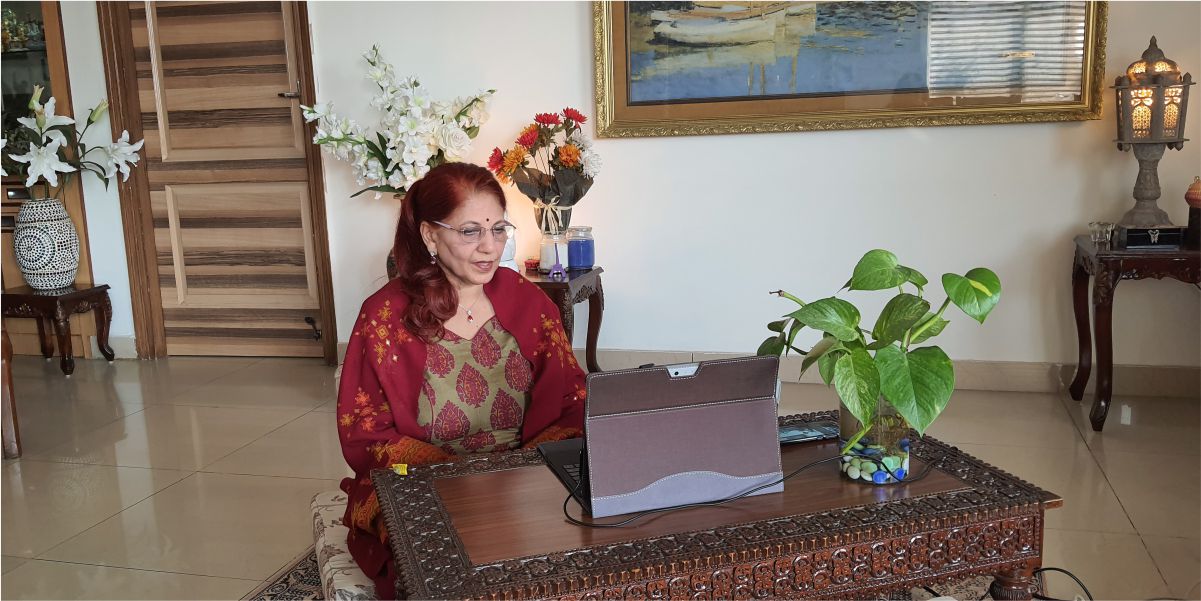Counselling is:
- The process that occurs when a client and counsellor set aside time to discover difficulties which may include the traumatic or emotional feelings of the client.
- The act of helping the client to see things more clearly, possibly from a different view-point. This can enable the client to focus on feelings, experiences or behavior, with a goal of facilitating positive change.
- A relationship of trust. Confidentiality is paramount to successful counselling. Professional counsellors will usually explain their policy on confidentiality.

There is flexibility within this type of therapy that allows for a variety of counselling formats, including:
- Face-to-face – Face-to-face sessions are one of the more popular therapy formats because they provide an opportunity for you to react to any emotions that arise there and then.
- Individual or group – You may choose to see a counsellor by yourself, or if you prefer you could join a counselling group with people experiencing similar issues.
- Telephone counselling – This form of counselling can be particularly useful for those too busy to attend face-to-face sessions and can be carried out in the comfort of your own home. This format also tends to be more flexible and can potentially reduce waiting list times.
- Online counselling – Some people prefer not to physically speak to a counsellor at all, utilizing technology and emailing their counsellor instead. Online counselling also offers you the chance to protect your anonymity.
We at Society for Complementary Therapies work with different Counselling tools few of which are –
- Child, Teen & Parenting Counselling
- Couples And Relationship Counselling
- Crisis And Suicide Intervention
- Grief And Bereavement Counselling




